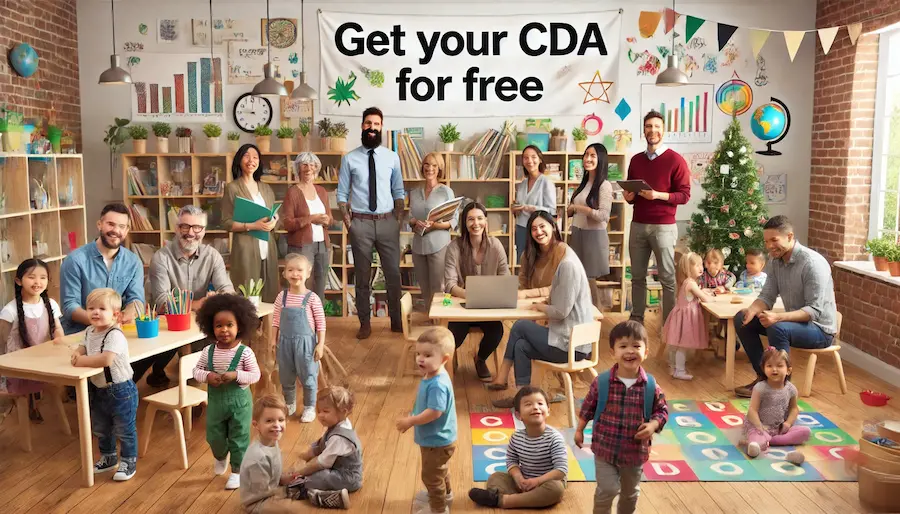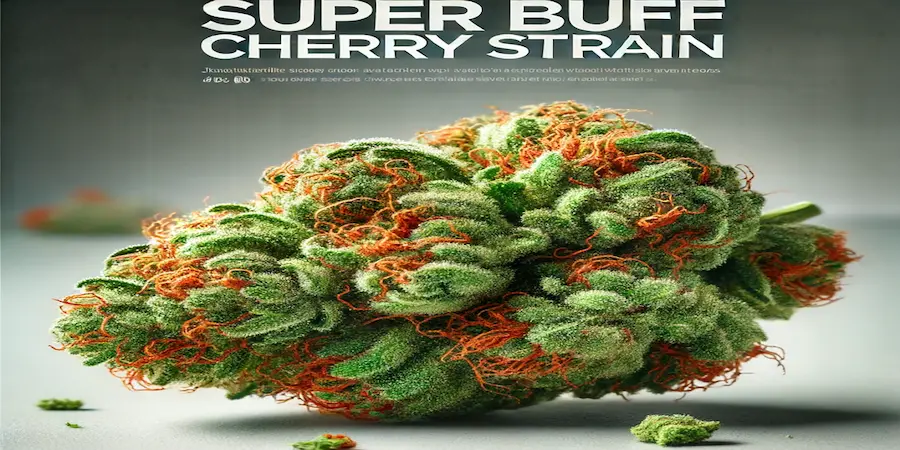Ask anyone from the emergency services and they’ll tell you – the most important step to any emergency response is being prepared. It is better to have something and not need it than need something and not have it.
Table of Contents
What Is Prevention?
Prevention is knowing how to stop emergencies before they occur. This is a simple concept in theory but often overlooked in practice.
Accidents are called that because they are accidental – they often occur without warning, at the worst possible times. You can’t predict the future, but you can prepare for the worst case scenarios and hope none of them happens.
Preparing For The Worst
Sudden injuries or illnesses require immediate action. Knowing what to do, how to fix the problem, or who to call for help can be the difference between a minor emergency escalating into a fatality.
When people are confronted with a frightening situation they don’t understand, panic often ensues and they can become part of the problem – exacerbating the situation. Fortunately when it comes to accidents and medical emergencies, the solution is relatively straightforward. Basic First Aid is easy to learn, and there are a wide range of certified “First Aid 101” courses available to the general public – available in a range of formats.
There are a number of useful, information-packed books on essential First Aid available from bookstores – both physical brick and motar stores, and online virtual bookstores. However, many people struggle to learn purely from books, and need visual demonstrations and hands on experience to genuinely learn. In those cases, taking a face-to-face First Aid 101 course could give you the tools you need to save a life.
Ready For Anything
From learning to perform CPR correctly or accident-proofing your home for toddlers, being prepared means that should the worst happen, you have plans in place and are prepared to deal with it there and then.
In a Basic 101 First Aid course, you would learn how to identify, triage, treat and evacuate people in need of medical attention as the level and severity of the situation calls for. Some of the First Aid fundamentals covered include responding to:
- Cardiac Arrest
- CPR
- Using an AED machine
- Wounds
- Burns
- Poisoning
- Shock
- Bites, stings and envenomation
- Choking
- Broken bones
- Head injuries
- Hyperthermia and hypothermia
Where To Get Training
There are a range of Australian RTO’s (such as First aid Course Experts, or First Aid Pro) who provide First Aid training to anyone from medical professionals to the general public. While some are smaller local operations, many operate Australia wide. So there’s generally options for a First Aid course close to hand, whether you live in Perth, Sydney, Darwin, Adelaide, or anywhere in between.
Successful completion of their courses will give you professional accreditation that lasts three years in Australia – and skills that will last you a lifetime. First Aid skills, once learned, are like riding a bike. You might get rusty without regular use, but you never forget them when you need them!
Have A First Aid Kit Ready
One of the most important things to have on hand is a First Aid kit. You can go online and find hundreds of different first aid kits – or even just head to the nearest Officeworks. All kits will have the basics like bandages, Band-Aids, tape and sterile water solutions for flushing eyes and wounds. However, you need to stop and assess what you need a kit to have, and how different kits match up. No two will be identical, and often you get what you pay for.
Professional First Aid kits will be fully packed and ready to use immediately in the home, office, or other workplace. Industries with specialised First Aid requirements generally don’t have a standard First Aid kit – there’ll often be other specialised resources included with the kit.
Unless you are shopping for such a workplace – or preparing for doomsday – you probably won’t need an industry-specific First Aid Kit. Your home or office kit should contain items to treat the everyday injuries of you and the people around you.
For Example:
- Cough, cold and sore throat medications.
- CPR and artificial respiration require ventilation masks for all sizes. (One size does not fit all.)
- Band-Aids in assorted sizes, adhesive elastic bandages, crepe bandages, a triangle bandage to use as a sling, or a ring bandage for open fractures, etc.
- Several forms of adhesive tape. (They all do different things and have varying strengths)
- Splits for broken fingers and air splints for broken bones.
- Braces for wrists, knees, ankles, and the back etc.
- Sterile solutions for cleaning wounds.
- Dedicated eyewash bottle and solution.
- Cotton balls and cotton buds to assist with cleaning wounds.
- Sterile gauze packs
- Medical scissors
- Tweezers
- Some form of antibacterial cream or solution
- Isopropyl alcohol
- Disposable masks and gloves
- Some forms of pain relief and febrile agents, i.e. Paracetamol and prescription-strength analgesics like Panadeine Forte, deal with real pain control.
- Ice/heat packs, strapping material, and pain relief for sports injuries and accidents.
- Emergency contact numbers.
If you have the funds available, an AED or Automated External Defibrillator is a potentially life-saving piece of equipment. It’s well outside the scope of an entry level first aid kit. But if you have the funds, they’re a device that can literally bring someone back from the point of clinical death.
Hope For The Best, Plan For The Worst
Being prepared with a basic First Aid Kit will allow you to build up your supplies over time, and offers peace of mind in the meantime that you can respond to general medical incidents.
When it comes to the knowledge to use your First Aid kit, regardless of where you do your course, having a First Aid certificate will teach you how to respond to a wide variety of medical emergencies – some of the most valuable life skills you’re ever likely to learn.
























































































































































































































































































































































































































































































































































































































































































































































































































































































































































































































































































































































































0